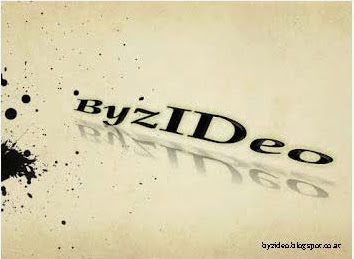Court ceremonies and rituals of power in Byzantium and the medieval Mediterranean: comparative perspectives, eds. A. Beihammer/ S. Constantinou/M. Parani (The
medieval Mediterranean 98). Leiden 2013
 |
|
|
Publicly
performed rituals and ceremonies form an essential part of medieval political
practice and court culture. This applies not only to western feudal societies,
but also to the linguistically and culturally highly diversified environment of
Byzantium and the Mediterranean basin. The continuity of Roman traditions and
cross-fertilization between various influences originating from Constantinople,
Armenia, the Arab-Muslim World, and western kingdoms and naval powers provide
the framework for a distinct sphere of ritual expression and ceremonial
performance. This collective volume, placing Byzantium into a comparative
perspective between East and West, examines transformative processes from Late
Antiquity to the Middle Ages, succession procedures in different political
contexts, phenomena of cross-cultural appropriation and exchange, and the
representation of rituals in art and literature.
Contributors are Maria Kantirea, Martin Hinterberger,
Walter Pohl, Andrew Marsham, Björn Weiler, Eric J. Hanne, Antonia Giannouli, Jo
Van Steenbergen, Stefan Burkhardt, Ioanna Rapti, Jonathan Shepard, Panagiotis
Agapitos, Henry Maguire, Christine Angelidi and Margaret Mullett.


